
Between 2008 and 2012, communities fought against the threat of an opencast coal mine on the edge of their picturesque rural Northumberland villages. Northumberland Local Planning Authority sided with the local communities and rejected the application in 2011. But that rejection was appealed by the applicant, HM Projects Developments Ltd. The planning inspectorate sided with the applicant and overturned the communities’ and Local Planning Authority’s rejection, based on the misplaced faith that their additional ‘section 106’conditions would prevent negative impacts on the local environment and community. Those conditions and promises were, of course, broken with damage to the local environment by HM Project Developments Ltd. as it proceeded in 2012 with permission to extract 140,000 tonnes of coal just 50 metres from the closest residence over the next 8 years. As the opencast coal mine neared the end of its profitability in 2020, HM Project Developments Ltd. declared bankruptcy, thereby abandoning the opencast site on the edge of the Halton Lea Gate village and breaking its promise to pay into the promised community fund or for environmental remediation. The joint administrators appointed to tie up the loose ends of the company’s finances and responsibilities decided to leave remaining coal reserves, restore the farmland, and market it for sale to finance some of the company’s debts, with finance from ExWorks, a US credit company.
HM Project Developments Ltd. bankruptcy means that the £75,000 pledged to a community fund is unlikely to materialise. In retrospect, the Northumberland Local Planning Authority noted that it’s ‘section 106 conditions’ should have required HM Project Developments Ltd. to pay into the fund in a staged way throughout the project, rather than a lump sum at the end to avoid this scenario in the future. The bankrupt company’s joint administrators—Benjamin Wiles and Steven Muncaster of Kroll Advisory Ltd.—were appointed in 30 April 2020 and are apparently still in discussion with Northumberland Local Planning Authority on the community fund, but the outlook is not good as debts exceed £11 million, over 5x the predicted worth of the company’s remaining assets.

Coal Action Network visited the site in July 2020 after it was abandoned by the company. There we were confronted with a hole in the landscape of rolling hills, toxic-looking pools that had wildlife tracks leading to them, large mounds and jagged cliffs of excavated soil and coal, and machinery left around the site. Overall, a poorly fenced dangerous place. All this in a North Pennines Area of Outstanding Natural Beauty, and just 50 metres from someone’s house.



The complexity of established flora and fauna sacrificed around the UK at sites of opencast coal mining is lost for the long-term, and possibly forever. So-called ‘restoration’ cannot recreate these ecosystems, and doesn’t even attempt to offset the impacts that burning the coal will have on climate change. When we revisited the site of the Halton Lea Gate opencast in June 2021, the toxic-looking pools were gone and the restoration effort was underway with funding from ExWorks, a US credit company, to the tune of £653,422 (less than the fees of the joint administrators so far). ExWorks relationship to the coal mine and HM Project Developments Ltd. isn’t clear. The works began in February 2021, and a chat with an employee on the site confirmed most of the soil had been put back, and the restoration works were expected to be completed by September 2021. Already the impact of simply putting back the soil on the local landscape—though insufficient—was profound and underpins why this baseline must be adhered to for the sake of nearby communities and fauna.



Before the coal mine in Halton Lea Gate was abandoned, Margam opencast coal mine was abandoned with just £5 million of the £56 million restoration bond in the pot, making for an even poorer quality restoration that remains a scar on the landscape. This is a story repeated across the UK, largely because:
Although coaling in the UK will hopefully continue to wind down, we must not repeat the same mistakes as excavation for lithium and other minerals ramps up.
National planning policy must give a clear and strong steer to screen all planning projects for their climate change consequences, not least coal mine applications. And the voices of impacted communities living around the sites of proposed developments must be centred in decision making by Local Planning Authorities, as it represents the main means by which local communities can democratically shape what happens around them. Only then can we prevent history repeating itself, with communities living locally and in the Global South bearing the brunt of climate-trashing projects.


We’re actively setting the record straight when fake news about coal is spread through public figures, social media, or the press. The rise of populist politics and politicians tend to drive statements that are don’t entirely match the evidence, but may win them some votes…

Explore the landscape via the images below, drag around the viewpoints and go full-screen for the immersive experience. This is what the 58,000 residents of Merthyr Tydfil face every day…and with a new plan by mining company, Merthyr (South Wales) Ltd, to evade its responsibility to restore…

This information seeks to clarify which tips are included in ERI Ltd’s proposal to mine and then flatten certain coal tips in Caerphilly. The tips selected appear to be on the basis of which would be most profitable to mine of the ‘waste coal’ they contain…
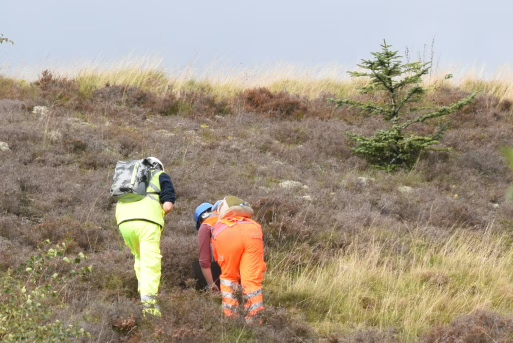
The Welsh Government’s Deputy First Minister, in his response to the CCEIC’s Stage 1 Report, admits the “Bill does not prevent the extraction or burning of coal” but adds “I cannot envisage a scenario in which the extraction and burning of coal will arise as a result of the Bill”…
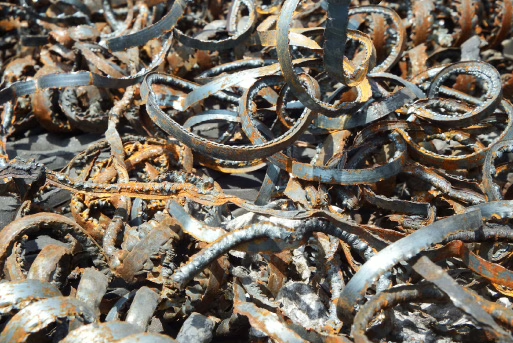
The direct use of coal as a feedstock (not just energy) is particularly significant in China, where coal is used extensively in coal to gasification plants to produce chemicals such as methanol, ammonia, and…

This nature was photographed around 50 metres from the edge of the Glan Lash opencast coal mine in Ammanford, South Wales. It shows the thriving ecosystems surrounding the Glan Lash opencast coal mine which has remained dormant since 2019…
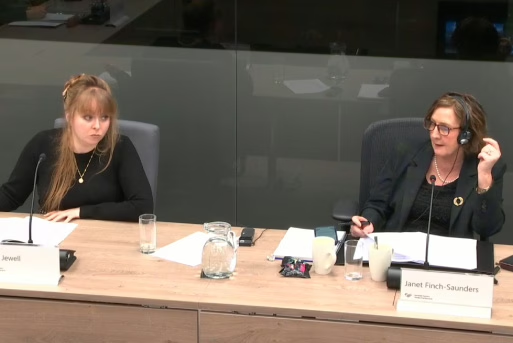
In February, CAN gave oral testimony to the Climate Change, Energy, and Infrastructure Committee (CCEIC) on the Disused Mine and Quarry Tips (Wales) Bill…
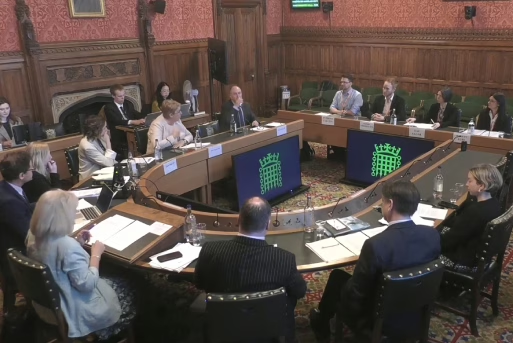
Coal Action Network was invited to attend Westminster where we gave evidence to the Welsh Affairs Committee in their inquiry about the environmental and economic legacy of Wales’ industrial past, alongside Friends of the Earth Cymru. This inquiry was opened in…
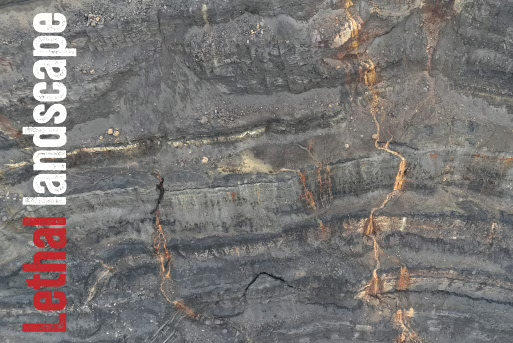
16 years of opencast coal mining in Ffos-y-fran has generated colossal overburden mounds, also known as slag heaps or coal tips. There are three coal tips, with the third being the largest, and cumulatively accounting for 37 million cubic metres of colliery spoil, rocks, and soil…
Great input..I lived near this opencast some years back and was a part of fighting against it then.
The local authority is very much at fault for not taking clean up payments when due..